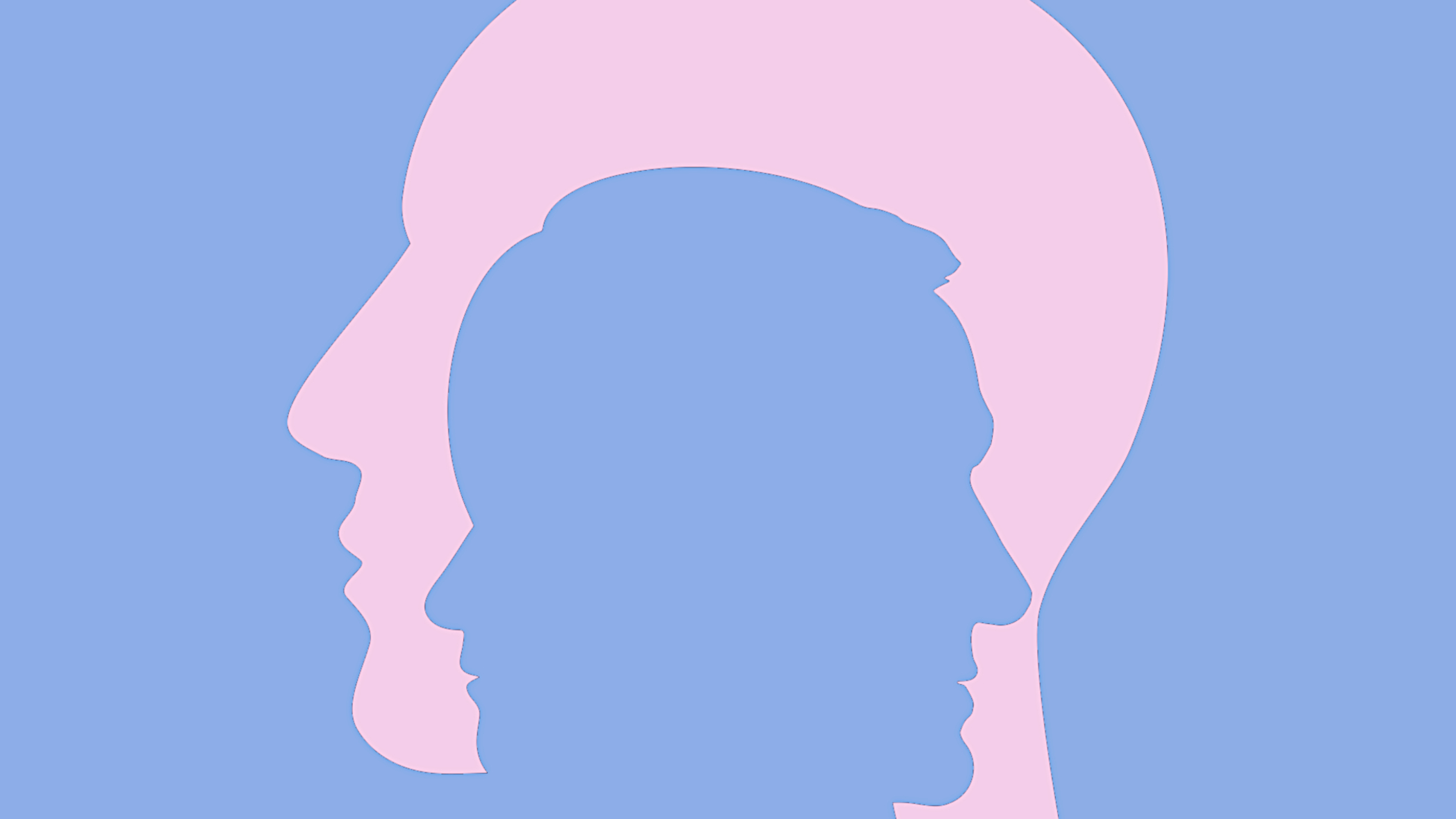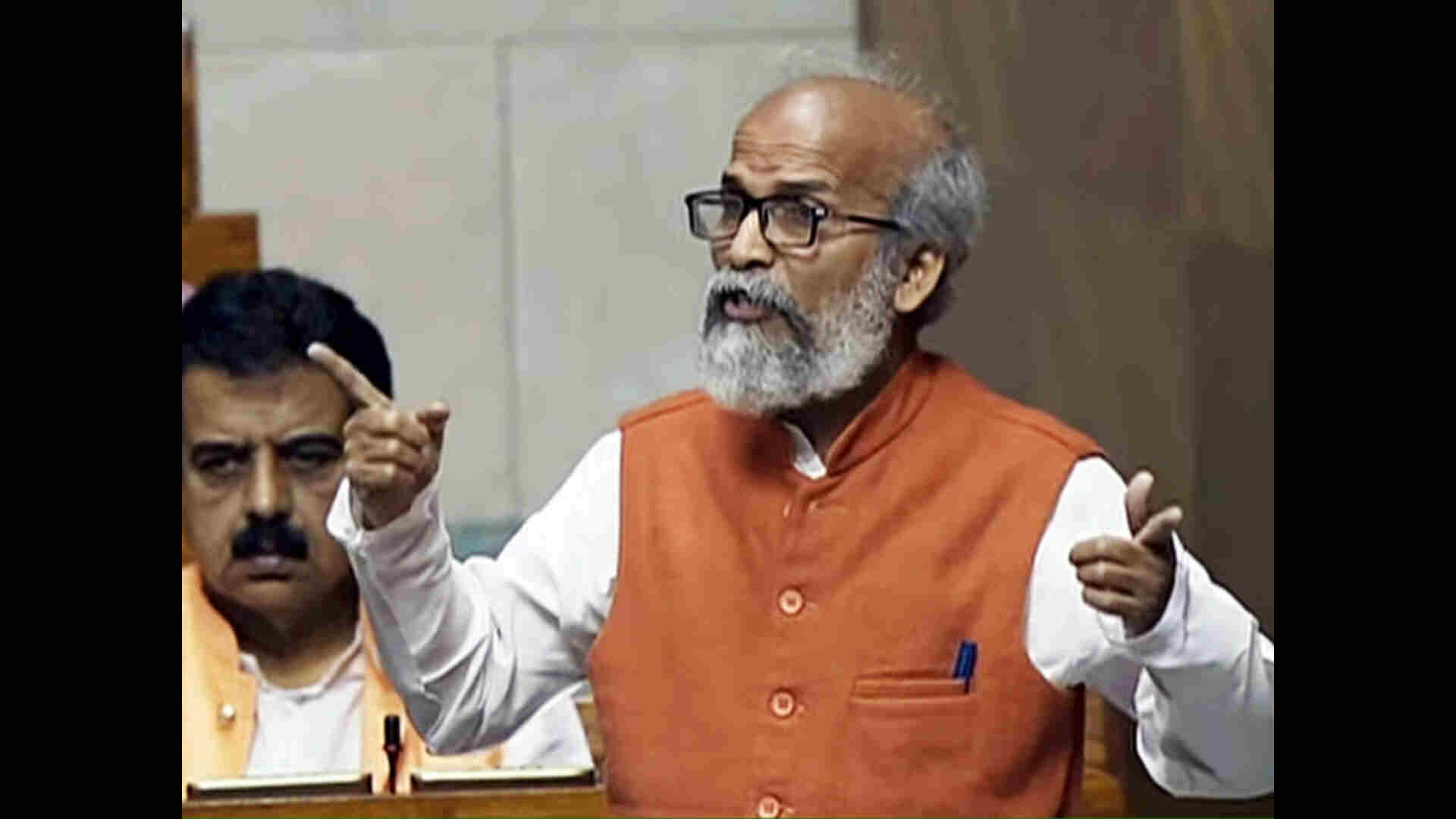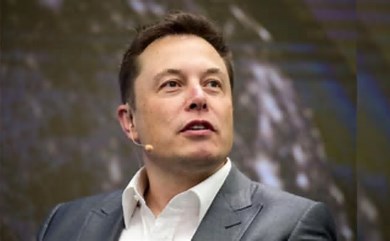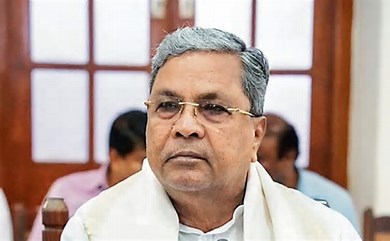
“Ego is the enemy of spiritual growth.”
For many years, I believed this. For me and various others, I thought that one of the main aims of spiritual practice was to overcome it. In spite of concerted effort, I did not seem to get anywhere. It was like whipping water to make butter. Then one fine day, I had one of those life-changing insights. I did not have to annul it. I had to work out how to elevate its function.
At its best, the ego is just a set of coordinates that help us navigate through life. Imagine if we had to recreate our names, forms, addresses, genders, ages, relationships, and professions every day. These parameters within which the ego operates, are essential to everyday living. With understanding and spiritual power, the ego can be a great agent between our deeper selves and the reality that forms around us.
At its worst of course, the ego creates another story. Inflated or deflated by a distorted sense of importance or lack thereof, it can do a lot of damage to the self and others. When the consciousness “I am so-and-so” takes over and tries to call attention, other egos shuffle, grumble, or mumble, reacting either actively or passively as they go about their own stuff.
If we pursue an egotistical objective, we may wonder why we meet with resistance from other ‘egos’. The answer is obvious. Each limited ego can only see as far as it projects itself. Selfishness is just the limited ego looking after its own little world, where no one else lives, only visits. Life becomes mostly egos visiting other egos – a constant flow of exchange between each one’s little world and understanding.
In Greek, the word ego just means I. It was probably Freud who bestowed on the ego its wider connotations, in his structural model of the psyche. He described it as the mediator between the deep unorganized drives of the self (the id) and the even deeper moralizing force he called the super-ego. There lies the rub. In its role of interfacing with reality, it often acts as a wolf in charge of the chickens. That is why it has become a synonym for arrogance.
If the ego knew its job was to be a mediator and worked for the long-term benefit of the self and connected others, it would be praised by all. Guided by the influence of our innate spiritual qualities and wisdom, this sense of self would serve the whole instead of itself. Unfortunately, it has been misunderstood and even vilified by purists and moralists alike. So, I realised that I did not have to kill the ego; I had to break its limitations and ‘purify’ its function. To do this I needed a more accurate sense of identity.
Through my study and practice of Rajyoga meditation, I have experienced that there are basically two ‘poles’ in which we live and operate. One centres around the permanent spiritual entity called soul and the other around the temporary physical identity – our bodies, roles and individual ‘stories’. Spiritual development means cleaning the filters of the sense of self we call ego. In doing so, we see the world and others as they really are and leave behind our distorted versions. This awareness is not instantaneous, just because we understand. But gradually the consciousness becomes liberated from swinging between the two ‘poles’ of identity and this brings great inner freedom.
Ken O’Donnell is an author and the director of Brahma Kumaris’ services in South America.















